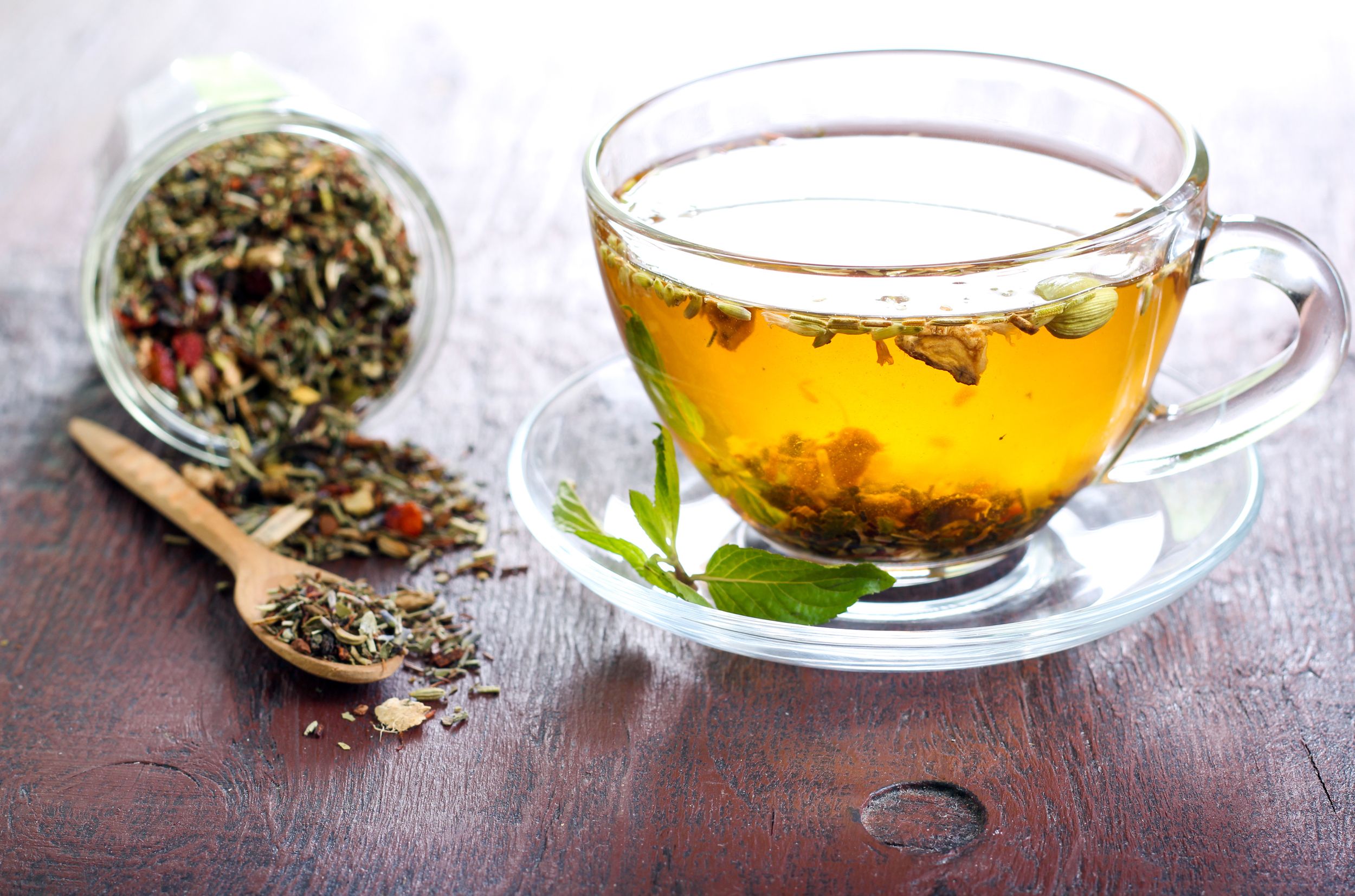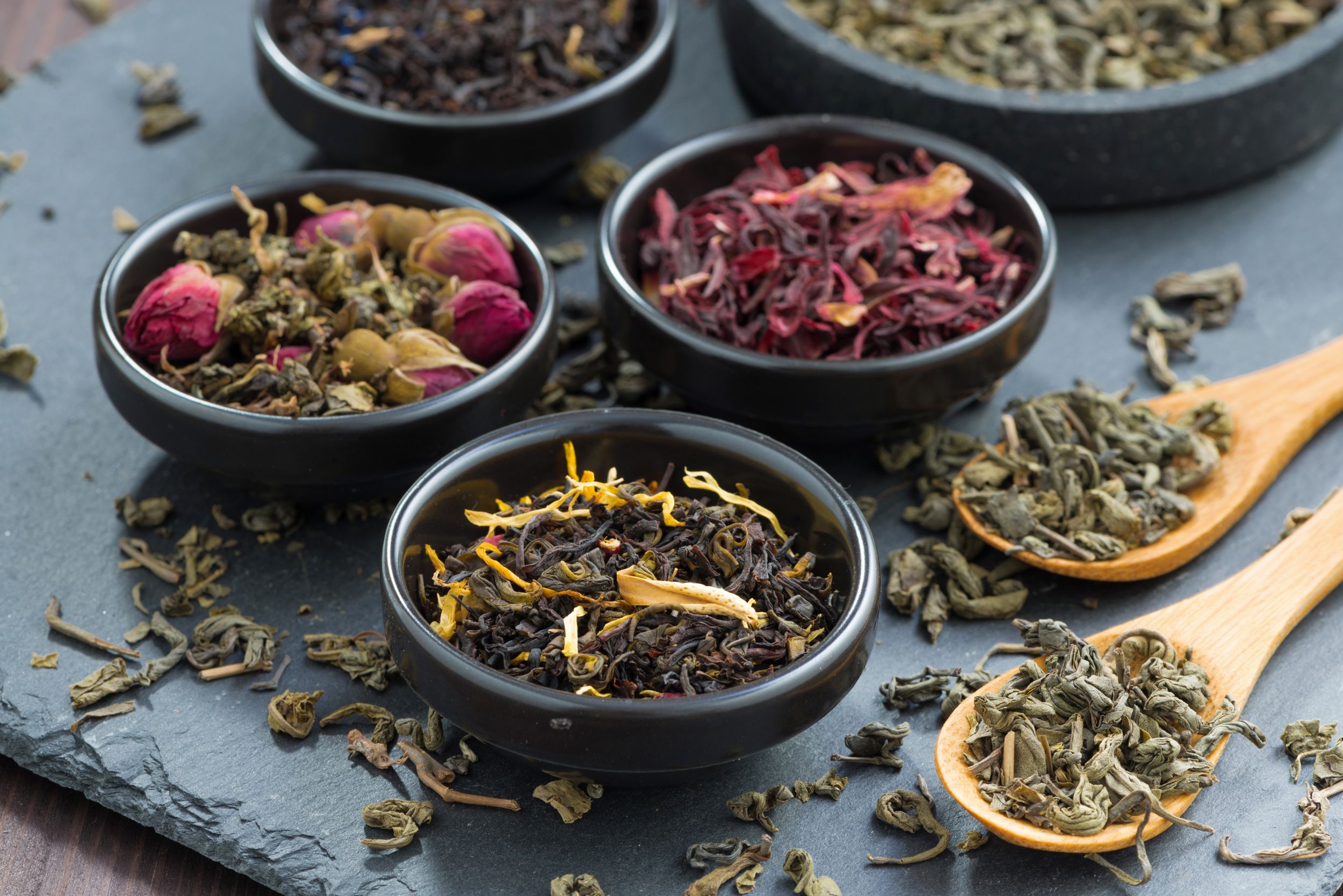Medicinal Herbs
There is infinite wisdom in nature, a harmony and simplicity that endures and prevails despite our attempts to outwit and surpass it with synthetic imitations. Perhaps that’s why we continue to turn to nature’s remedies, even in a time when Western medicine provides powerful treatments for many symptoms. Often, a natural solution using medicinal herbs can bring the body back to an optimal state of health. This is particularly true if we are in tune with our bodies enough to remedy ourselves at the first sign of something being amiss.
What are herbs used for?
Herbs have been used for millenia for a variety of reasons: for culinary, aromatic and medicinal purposes; as a way to scent or cleanse the home; and in some cases, as part of spiritual ceremonies. When referring to medicinal use, any parts of the plant might be considered "herbs," including leaves, roots, flowers, seeds, bark and resin, whereas the term “herb” in botany is more restrictive, including only seed-bearing plants without a woody stem.
Herbs, like food, are consumed for both taste and health benefits. While adding fresh or dried herbs to cooking will provide some health benefits, it often takes a more concentrated dose, repeated over time, to have a significant impact on the condition you want to address. Oregano, for example, is an herb that can be powerful medicine for immune support when taken in the form of oil of oregano; however, when consumed in cooking, it is not potent enough to produce this effect.
Herbal medicine has been successfully used for thousands of years, across all cultures, to treat every condition imaginable, from healing wounds to treating the common cold. And while we are fortunate in modern times to have many treatment choices available, herbs can often provide a simple and effective solution for what ails us. If you’re curious about ways to take advantage of the healing properties of herbs aside from culinary use, a visit to a local herbalist shop can be a great way to start.
Ways to take herbs
Many shops provide consultations to address individual needs. Naturopathic doctors are also educated in the medicinal properties of herbs and can make recommendations for specific issues. Consulting with a health professional before embarking on a herbal protocol is a good precaution.
Tea blends are the starting point for most people exploring medicinal herbs, aside from culinary use (fresh, dried or infused into olive oil). The most popular remedies are for stress relief, detoxification, digestion support, immunity support, skin health and women’s health concerns.
Capsules are a convenient way to take herbs consistently. They’re alcohol-free and convenient for travel, and taste isn’t an issue. However, you’ll want a reliable source for the greatest effect. Many brands you can buy off the shelf have lost their potency over time and may have fillers in them. Your local herbalist can make up your capsules to order and ensure you get nothing but pure herbs.
Tinctures are a way to consume concentrated herbal extracts. If you aren’t a tea drinker or find it hard to swallow capsules, tinctures might be a good option. A qualified herbalist can blend various herbs together to make a targeted solution for your particular concerns. You’ll also find various blends on the shelves of your local health food shop to address a wide range of issues.
Essential oils are another way to tap into the benefits of medicinal herbs through aromatherapy or topical use with a carrier oil. High-quality, pure essential oils can be a great support for relieving stress, clearing airways, alleviating discomfort from headaches or muscle pain, improving mood, purifying the air and many other uses.
Salves are healing ointments often used for skin conditions, inflammatory issues or pain relief, or simply to moisturize and soothe the skin. Since the herbs and/or essential oils are not consumed orally, this can be a safe way to introduce yourself to the world of herbal medicine.

Growing your own
In addition to growing your own herbs to use in cooking, you can also grow herbs for their therapeutic properties. More than 100 types of herbs can be grown on Vancouver Island, but there are some things to consider, like using container pots for any herbs that may be invasive to other plants, such as mint. And just because a plant can grow in our region, doesn’t mean that you’ll be getting the therapeutic properties that are present in the plant when grown in its native region. Nevertheless, there is great satisfaction in tending to a herb garden, which is also beautiful to look at. You can visit your local garden shop or start with seeds.
Summary
The earth provides powerful medicine through its vast selection of herbs that have been used for thousands of years. Healing our bodies often calls for a greater connection to the natural world, and medicinal herbs may be a great place to start if you’re seeking ways to be proactive about your health or treat a common condition. With proper care and attention, these ancient remedies will continue to serve us well into future generations.





